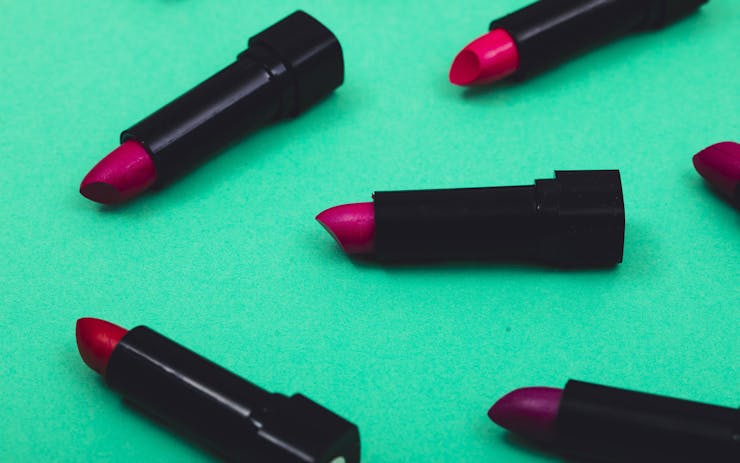Cannabidiol, or CBD, is a buzzy new skincare ingredient, but does the science match the hype? Learn more about what we know—and what we don’t—about the usefulness of adding CBD to skin products.
CBD in skincare—hype or science?
“CBD is so hype in almost any imaginable format right now—clothing, pillows, wine—that it’s inevitable it would wind up in your lip gloss,” says Emma Baron, COO of Milkweed, a Canadian cannabis accessories company with plans to expand into infused skincare. But under the hype lies promise, she says.
Preliminary studies show that CBD has the potential to be antibacterial, anti-inflammatory, and an antioxidant. In skincare specifically, this means CBD just might help with common concerns like acne, sensitivity, and signs of aging, but we need more data to be sure.
“What we have right now are mostly small observations: many personal stories about the management or healing of skin conditions, and small dermatological studies with sample groups of 20-60 patients,” says Baron. “Good news though—there are larger, more rigorously executed studies on the way.”
CBD for youthful skin
CBD could be the next big anti-aging ingredient, bigger than retinol or Vitamin C, says licensed aesthetician Daisy-Rose French. “I am looking forward to more research regarding the antioxidant availability and true free radical-fighting powers from the cannabis plant,” she says.
As an antioxidant, CBD helps combat free radicals, which damage healthy skin cells and compound the aging process. CBD may also ease the puffiness of fatigued skin with its anti-inflammatory properties. Baron says that a little THC/CBD oil applied directly to the skin is her personal solution for tired, puffy eyes.
CBD for acne
“Acne is a skin condition in which hair follicles become clogged with excess sebum, dead skin cells, and bacteria,” says French, adding that it can be quite painful. According to a 2014 study, CBD might help acne by reducing inflammation and regulating oil production through the sebaceous glands. “These findings are definitely on the leading edge of CBD skincare right now,” says Baron. “It’s particularly interesting as the study has been taken to the next phase of research with a larger patient group.”
The future of CBD-infused skincare
Currently all Canadian CBD products are regulated by Health Canada, and can only be sold by licensed cannabis retailers. This has resulted in strict standards—a quality advantage over the freer American market, where CBD (and so-called CBD) products are widely available, but a quantity disadvantage that has severely limited product availability.
Licensed in Massachusetts, French has been able to access legal, CBD-infused products years ahead of her Canadian counterparts. Using natural lines, with organic plant-based ingredients, she claims success with cannabis-infused skincare products, and believes their popularity will grow, calling them “the future of skin health.”
As for the Canadian market, Baron is excited. At Milkweed, she is exploring how different carrier oils and extraction techniques interact with cannabinoids such as CBD in order to produce the optimal infusions. The sky’s the limit with cannabis-infused skincare, but for now, it’s prudent to keep your expectations in check and use critical thinking until we have more scientific data to support—or refute—the hype.






